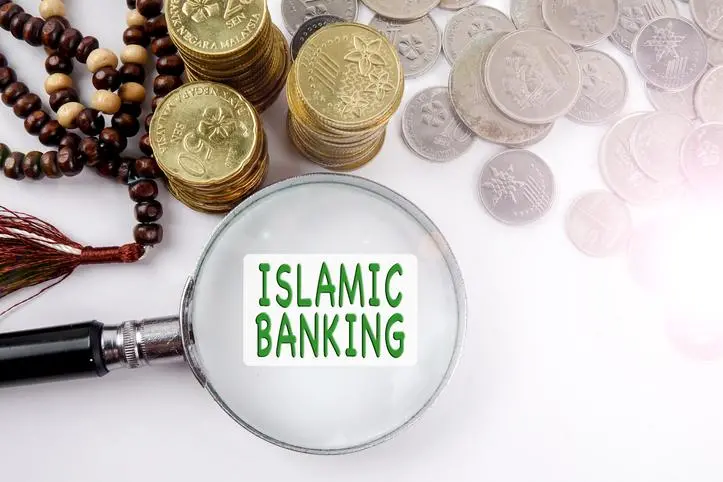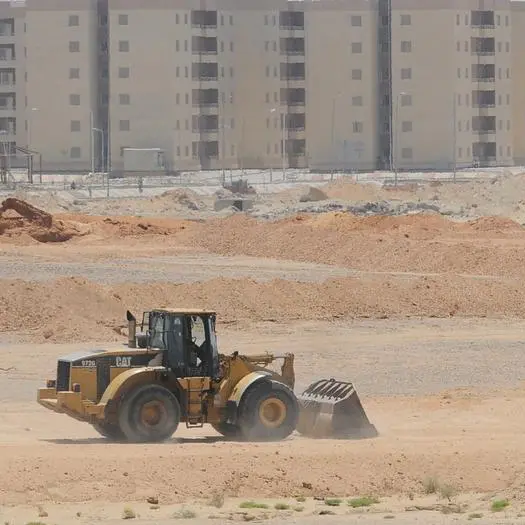PHOTO
Net inflows into some large Islamic funds in the GCC countries have remained positive despite weaker markets and lower oil prices, in contrast to the net outflows experience by many western peers, Moody's Investors Service said in a new report.
The ratings agency said it expects growth in Islamic assets under management to slow between two per cent and four per cent this year and next as strong demand for Shariah-compliant investments is helping the Islamic asset management sector remain resilient amid the coronavirus-related market upheavals.
According to the Global Islamic Finance Markets Report, Shariah-compliant assets represent a significant portion of total banking assets of the GCC. While in the Middle East and North African region, Islamic banking assets represent 14 per cent of total banking assets, in the GCC this market share crossed the 25 per cent threshold.
Globally, Islamic finance assets are expected to grow at a compound annual growth rate of 5.5 per cent to hit $3.4 trillion during the next five years.
"Islamic fund managers in the GCC region benefit from bespoke mandates with a range of affluent clients, including high net worth individuals, family offices, sovereign wealth funds and other government institutions," said Vanessa Robert, a vice-president and senior credit officer at Moody's.
"These investors generally have high risk tolerance and long investment horizons."
Malaysia and Saudi Arabia are the largest Islamic financial service in the world, accounting for almost two-thirds of Islamic assets under management between them. Saudi Arabia will continue a shift to more Shariah-compliant finance over the next 12-18 months as corporates and households increasingly use Islamic products, even as low oil prices and the coronavirus crisis cause economic challenges, Moody's said.
Islamic financing in Saudi Arabia will reach around 80 per cent of system-wide loans within this period, from 78 per cent in 2019 and 70 per cent in 2013. This will bolster its position as the world's largest Islamic finance market. It had total Islamic finance assets of $339 billion as of March 2020, leaving Malaysia a distant second with $145 billion.
"The Saudi regulatory environment, characterised by coordination between the Ministry of Finance, the Saudi Arabia Monetary Authority and the Capital Market Authority, is also supportive," the ratings firm said.
"A comprehensive set of Islamic finance regulations have spurred Saudi banks to issue sukuk, Islamic products are now listed on the main market, and an Islamic mortgage refinancing business has been established," said Ashraf Madani, vice-president and senior analyst at Moody's.
The industry will further benefit from increased government sukuk issuance, potentially rising foreign investment supported by more lenient entry rules and deepening capital markets.
A wave of mergers and acquisitions in Saudi Arabia and across the wider Gulf region is also accelerating Islamic finance penetration.
In Malaysia, innovative Shariah-compliant product offerings are helping to drive growth in Islamic assets under management. These include Simpanan Shariah, a Shariah-compliant employee provident fund.






















